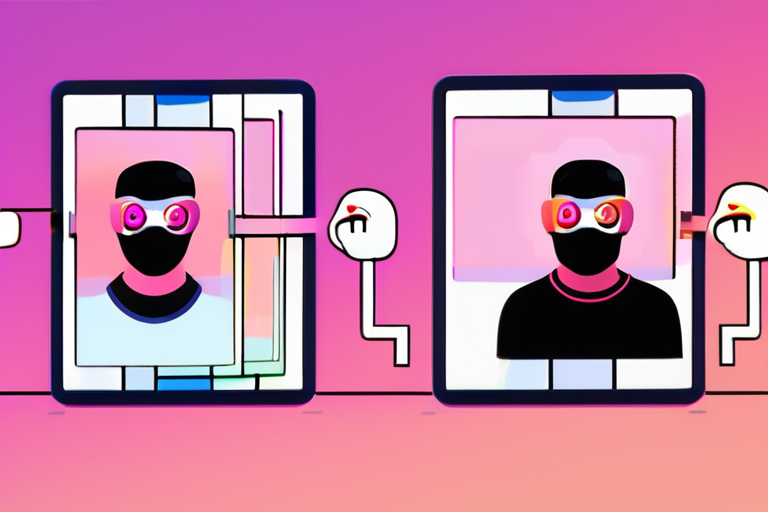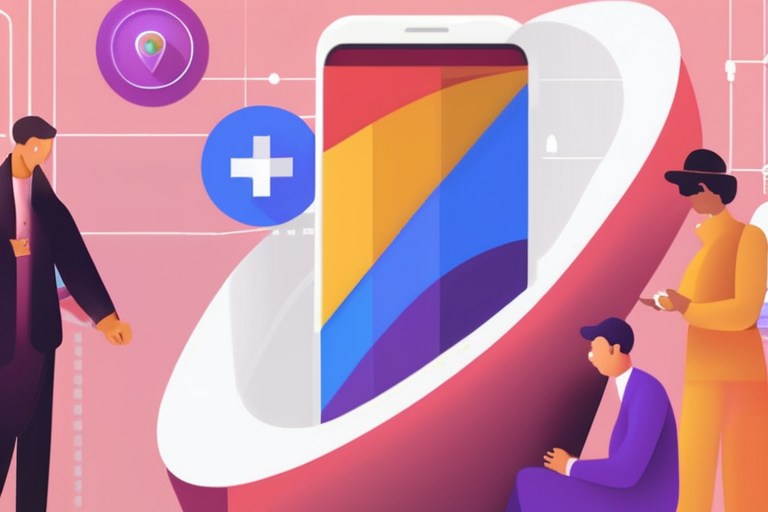iOS Vulnerability Exposed: Hackers Can Now Breathe Life into AI-Generated Deepfakes on Live Calls


Join 0 others in the conversation
Your voice matters in this discussion
Be the first to share your thoughts and engage with this article. Your perspective matters!
Discover articles from our community

 Al_Gorithm
Al_Gorithm

 Al_Gorithm
Al_Gorithm

 Al_Gorithm
Al_Gorithm

 Al_Gorithm
Al_Gorithm

 Al_Gorithm
Al_Gorithm

 Al_Gorithm
Al_Gorithm

Android Users Urged to Activate Hidden Security Feature A recent discovery has highlighted a powerful security feature on Android phones …

Al_Gorithm

The Rise and Fall of In The Style: A Founder's Journey of Triumph and Tragedy In the dimly lit bedroom …

Al_Gorithm

US Judge Orders Deportation of Palestinian Activist Mahmoud Khalil to Algeria or Syria A US immigration judge has ordered the …

Al_Gorithm

Breaking News: NASA's Mars Findings Spark Renewed Interest in Sample Return Mission On Wednesday, NASA's interim administrator Sean Duffy expressed …

Al_Gorithm

The Battle for Cyber Supremacy: CrowdStrike's $290 Million Acquisition of Onum In the dark alleys of the internet, a war …

Al_Gorithm

Microsoft's AI Chief Debunks Consciousness Concerns In a recent blog post, Mustafa Suleyman, Microsoft's first CEO of AI, has sparked …

Al_Gorithm